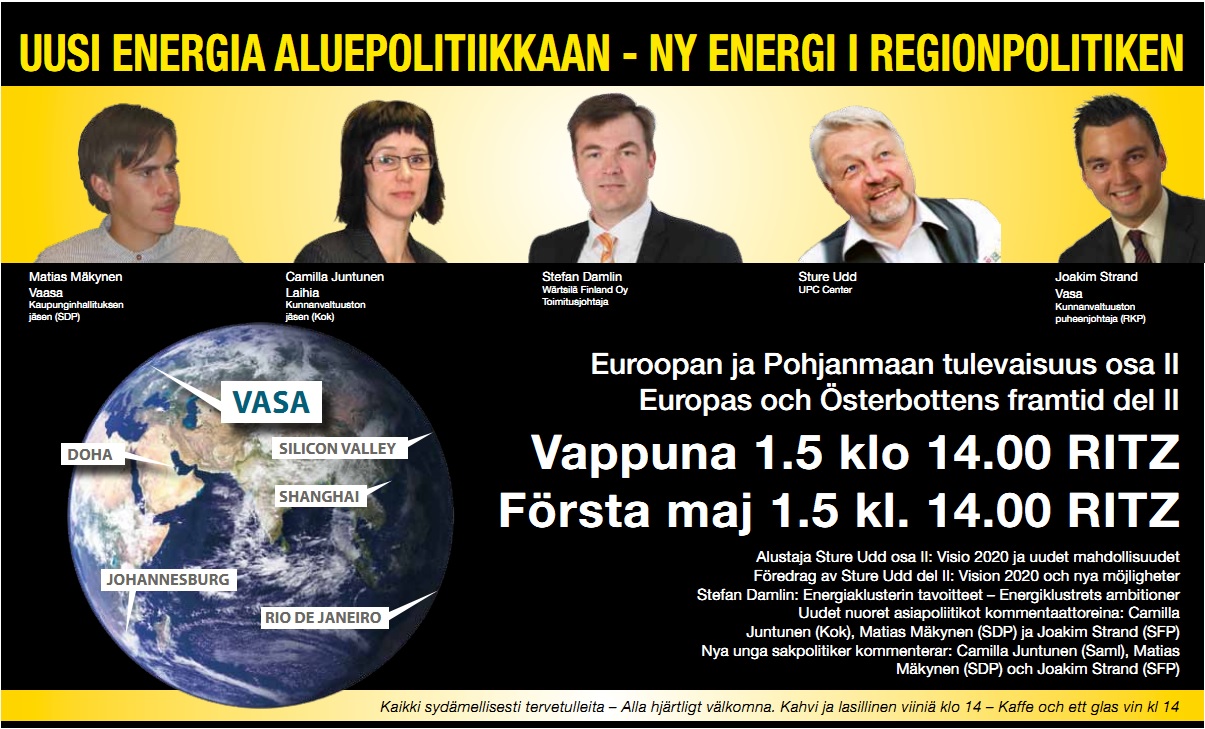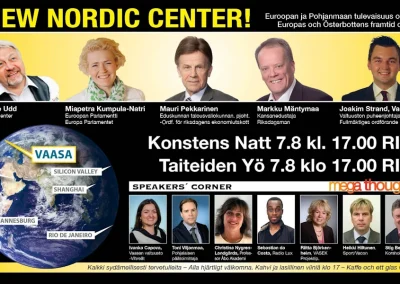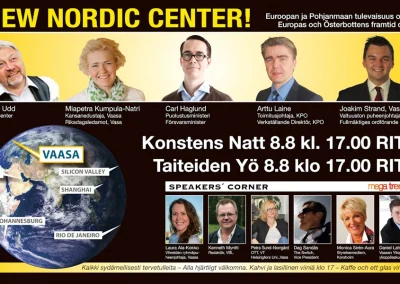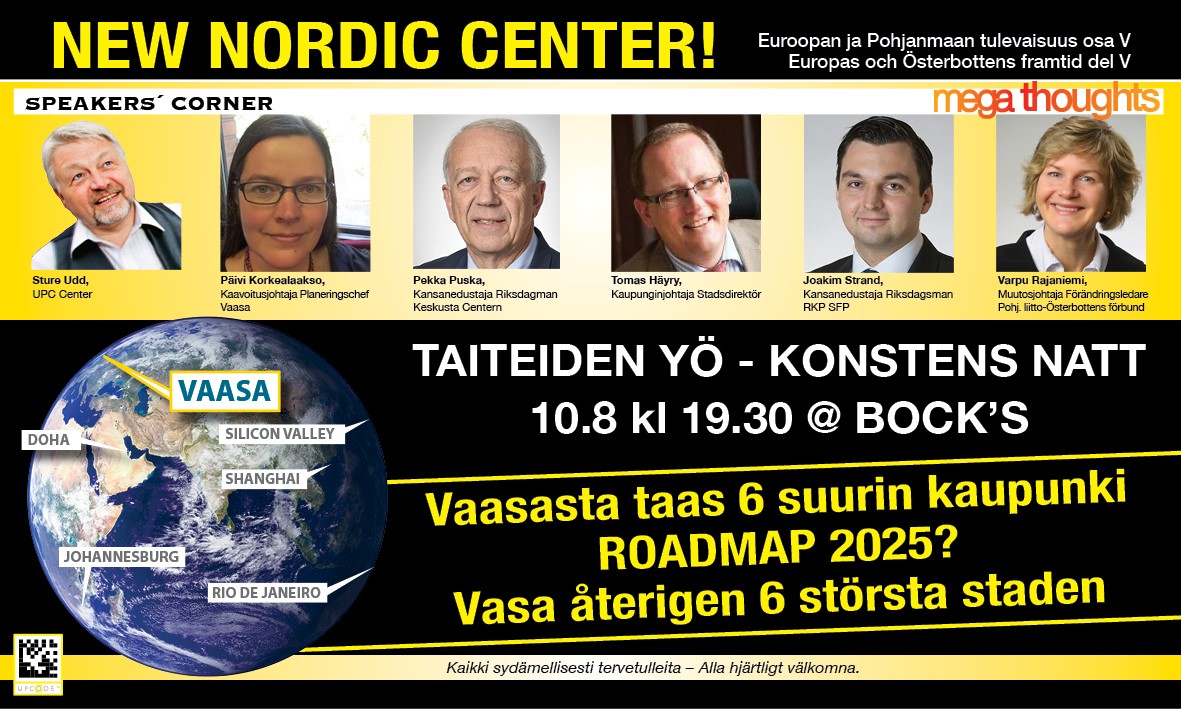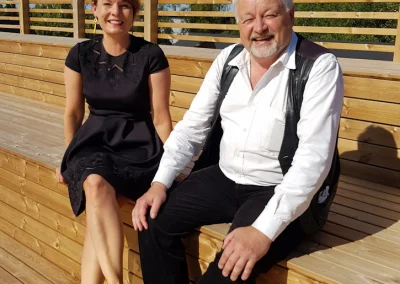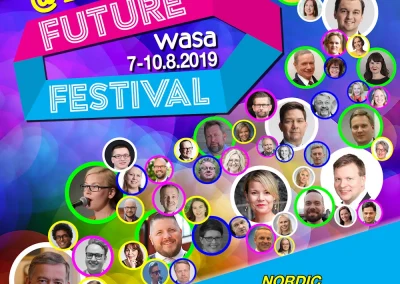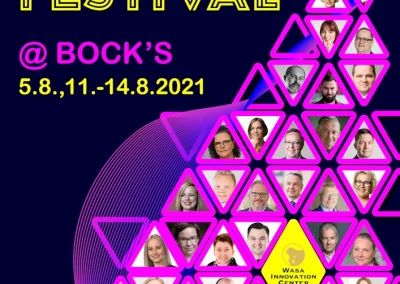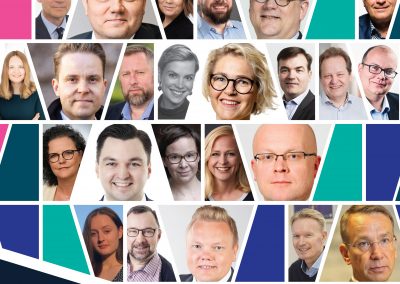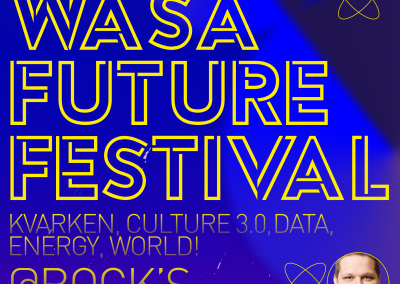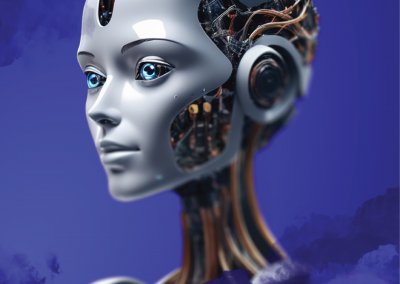
HISTORY
The idea for a new type of event was born in 2013. The aim was to foster an understanding of the need for genuine development in Ostrobothnia, as a supplement to the prevalent custodial mentality and the defense of the status quo. Real development for Ostrobothnia could be achieved through connection to the global market and insights into what rapid technological advancement should concretely mean in daily life within both the public and private sectors, especially for its youth. Additionally, the event aimed to provide concrete solutions that could be realized without disadvantaging other regions. These solutions were intended to add value to the region and all of Finland. The event was not meant to become a platform where one could simply buy a spot and seek applause.
In its early years, the event was called New Nordic Center and was held at the Ritz Cultural Center. Alongside the event’s initiator, Sture Udd, key figures such as Member of Parliament and Minister Joakim Strand were involved from the start. The festival has always brought together representatives from both the public and private sectors across Ostrobothnia, stretching from Kokkola to Kristinestad.
In 2018, the organization officially registered the name Wasa Future Festival and created Bock’s Corner Village in Pukinkulma, allowing the event to grow into a larger format. That same year, the festival expanded into a multi-day event, and Associate Professor, Doctor of Social Sciences, and researcher Mari K. Niemi from the University of Vaasa joined the organizing team.
The COVID-19 pandemic year of 2020 marked a significant step in internationalization for Wasa Future Festival. Several joint initiatives were launched, including EnergySAMPO, the Vaasa–Umeå Bridge by the Kvarken Council, and YoungTalk, organized by then-ELY Centre Director Marja-Riitta Vest. On the local front, one long-standing topic has been finding solutions to rural depopulation by creating new commercial links with growing urban areas. In 2020, for example, Gunvor Kronman, Chair of Konstsamfundet, addressed this issue.
Culture has also played an essential role in the festival. In recent years, particular emphasis has been placed on everyday culture that drives genuine progress, known as Culture 3.0. Can culture play a key role in creating new spiritual and economic growth? In 2025, the festival will open the Butterfly exhibition, a new media project combining science and art, held in the historic cellars of Bock’s Brewery. With 18 international artists and a partnership among four universities, Butterfly will also feature a rich program of events and remain open to the public throughout August.
Year after year, Wasa Future Festival has grown both in scale and in significance. What makes it unique is its solution-oriented approach. True to its name, WFF looks to the future and strives for tangible change. In Vaasa and Ostrobothnia, there is a strong determination to act, not just to talk. This year, every program session will highlight a concrete goal to be achieved in the future.
We want to grow and progress — not decline!
